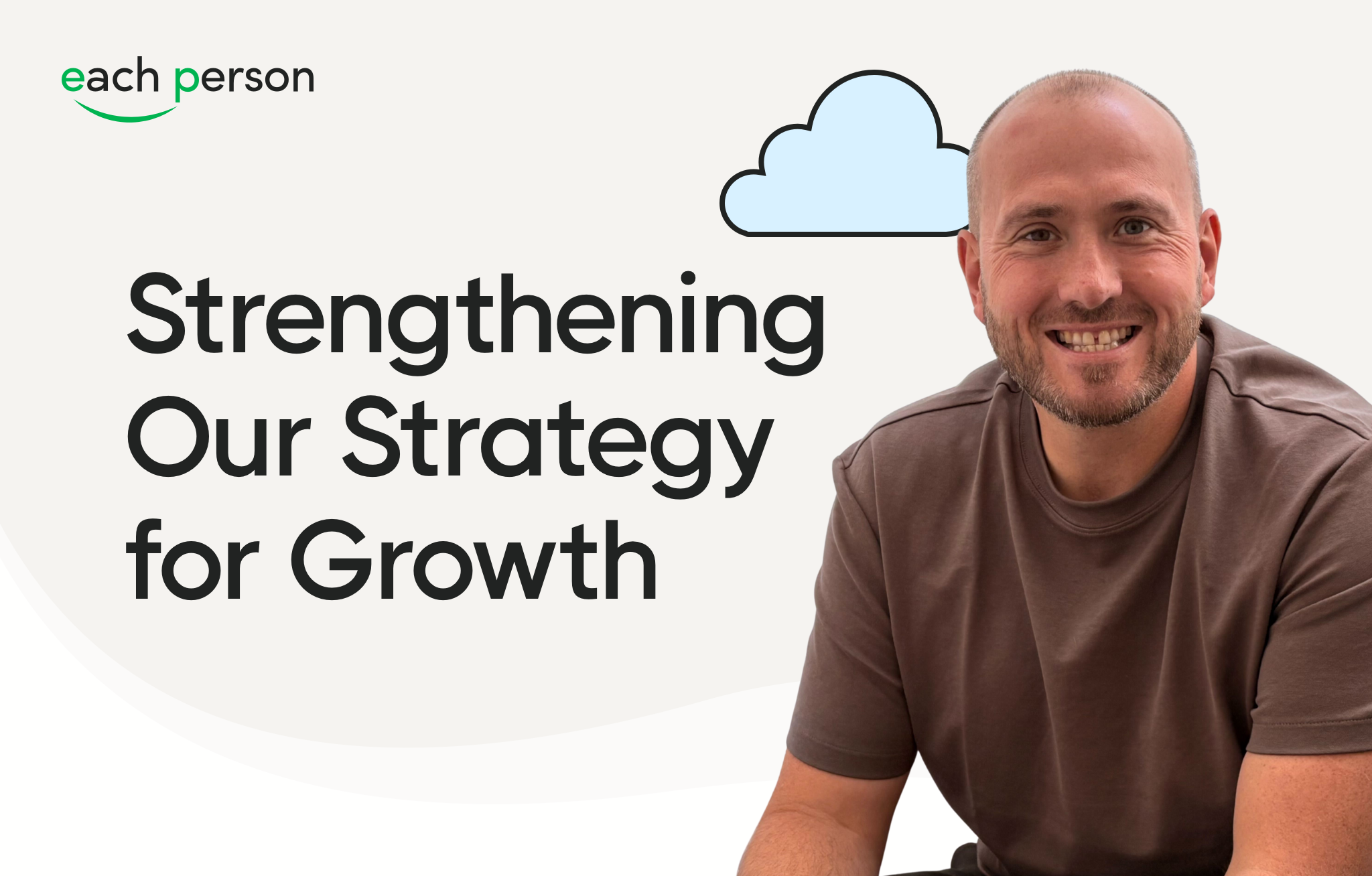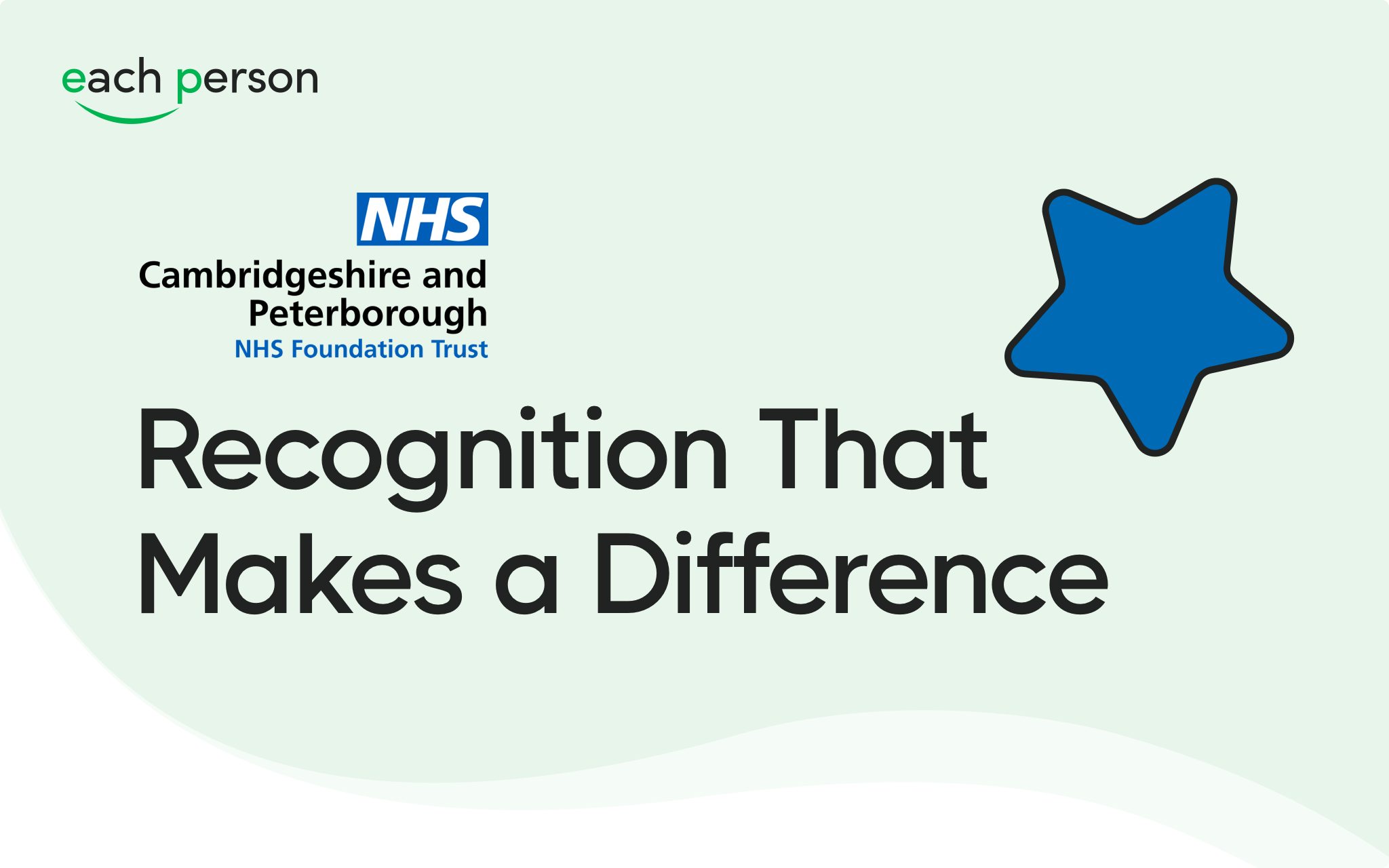Work-Life Balance and Employee Wellbeing: Why Time Off Matters in 2025
May is here, and it’s the ideal month to reflect on the importance of time off work.

May is here, and it’s the ideal month to reflect on the importance of time off, workplace wellbeing and creating a healthy work-life balance.
With longer days, brighter mornings, and two bank holidays on the calendar, it’s no wonder we’re all thinking about how valuable our time off really is.
Take the time to rest, whether that’s through annual leave, bank holidays, or even short screen breaks. Downtime greatly boosts productivity, enhances mental focus, and supports long-term wellbeing at work.
Why Employee Work-Life Balance Matters More Than Ever
Work-life balance isn’t just a popular topic. It’s essential for employee retention, engagement, and performance. Research shows that employees who feel rested and supported are more motivated, loyal, and productive. UK employees now consider work-life balance the most important ranking factor for a job (1). As a result, improving this dynamic is no longer just a perk. It has become a vital component of a sustainable and healthy working environment.
Because time off isn’t a luxury, it should be part of a well-rounded employee benefits strategy.
The Link Between Personal Productivity and Employee Productivity
While employee productivity is often measured by how efficiently tasks are completed at work, personal productivity is a different concept altogether. You can feel highly productive in a professional setting, hitting targets and ticking off to-do lists, yet struggle to find the same energy or focus in your personal life.
Many of us have experienced work spilling into our personal time at one point or another. mental fatigue and eventually burnout, leaving us too drained to pursue the things that bring joy or fulfilment outside of work - hobbies, relationships, or even rest.
That’s why it’s critical for employers to foster a healthy working environment that encourages clear work-life boundaries, promotes wellbeing, and respects employees as people, not just performers.
When employers create a culture that values personal and professional productivity, it doesn’t just prevent burnout; it empowers employees to thrive, in and out of the workplace.
How Each Person Supports Employee Wellbeing
At Each Person, we believe that every organisation should foster a culture where wellbeing is embedded into everyday work. Our aim is to actively boost employee wellbeing, not just talk about it, and to build it into how we work. Here’s how we’re setting the standard for workplace wellness through our own employee benefits:
- Hybrid working options for more control over work schedules.
- Extended lunch breaks to encourage movement, rest, or mindfulness.
- Early Friday finishes to promote better weekend recovery.
- Access to employee assistance programmes (EAPs), mental health support, and instant healthcare.
- Open communication and realistic deadlines to prevent burnout and promote mental clarity.
These small changes create a ripple effect by reducing stress, improving job satisfaction, and building a more sustainable working environment.
The Future of Work: Could a Four-Day Workweek Be Next?
More companies are trialling the four-day workweek to improve employee wellbeing, and it’s a trend we’re watching closely. While we’re not quite there yet, we’re excited by the potential of this model to enhance productivity without compromising balance.
Earlier this year, the Four Day Week Campaign announced that over 200 UK companies have now permanently adopted a four-day working week. Employees at these organisations are now working a maximum of 35 hours per week with no reduction in pay. Findings from the campaign’s trial revealed that 78% of employees reported improved mental wellbeing, while 63% of participating organisations cited the initiative as a key factor in attracting and retaining talent (2).
What Does Work-Life Balance Look Like in Your Organisation?
Creating a supportive workplace culture isn’t a one-size-fits-all approach. Every employee has different needs, so open and consistent communication is key. After all, there’s little value in introducing benefits or company initiatives if they go unused or unnoticed.
Regular surveys and one-on-one check-ins effectively ensure you’re approaching this with consistency and transparency.
Discover how our employee benefits platform can support your team’s wellbeing and improve workplace culture.
Get in touch with our experts here
Resources
- Andrew Fennell, 2025, ‘Work life balance statistics in the UK’: https://standout-cv.com/stats/work-life-balance-statistics-uk#:~:text=Key%20UK%20work%20life%20balance%20statistics%202023,of%2042%20hours%20per%20week.
- UNISON Bargaining Support Group, 2025, ‘Four Day Working Week Barganing Guide’: https://www.unison.org.uk/content/uploads/2024/11/Four-Day-Week-Guide-v6.pdf










